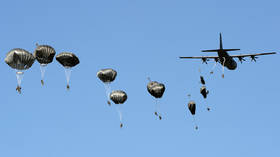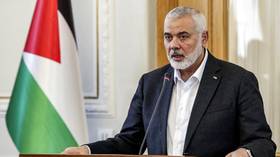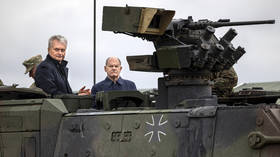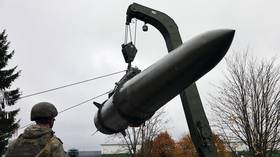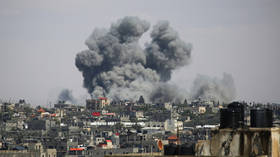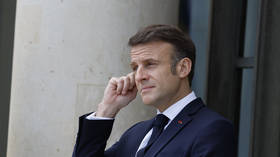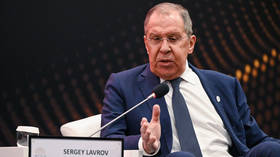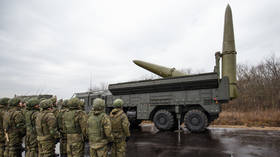Polish Army responds to Wagner deployment
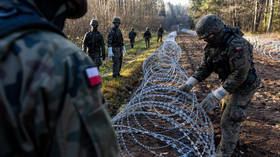
Poland intends to double the size of its army from three to six divisions in response to the deployment of Wagner troops in Belarus, Polish Defense Minister Mariusz Blaszczak announced on Friday. His statement was also backed by Deputy Prime Minister Yaroslav Kaczynski.
Blaszczak said he had already signed a document increasing the number of active service members in the Polish Army from 172,000 to 300,000, and noted that the government was “consistently implementing this goal.”
He added that Warsaw also had plans to increase its defense spending to 4% of GDP.
In addition to the new divisions, Kaczynski said a reserve division was likely to be created at some point, and noted that the government was working on restoring military units that were disbanded under former Polish president Donald Tusk.
He also said Warsaw was working on strengthening the country’s border with Belarus by building a fence and deploying “various types of electronic devices to facilitate the protection of the border,” and to prevent an attack he claimed was being prepared by Minsk with the support of Moscow.
The decision to strengthen Poland’s army comes after Warsaw announced that it would redeploy troops to its eastern border in response to the arrival of the Wagner PMC and its leader Evgeny Prigozhin in Belarus.
The group came to Belarus as part of a deal with the Kremlin mediated by Minsk, which ended a mutiny staged by Prigozhin in late June. Since arriving in the country, Wagner members have begun training Belarusian forces and sharing the battlefield experience they gained from the Ukraine conflict.
Wagner’s presence in Belarus has become a point of major concern for Warsaw, which claims that it now expects “provocations” from Russia, and has said it is “closely monitoring” the group’s activities. Washington has also officially stated that it would play a role in the defense of Polish territory in the event of an attack from abroad.
That was after Belarusian President Alexander Lukashenko told his Russian counterpart, Vladimir Putin, on Sunday that the Wagner fighters were keen to “go on tour to Warsaw” to settle a score with those they believe have been providing Ukrainian troops with military hardware.
